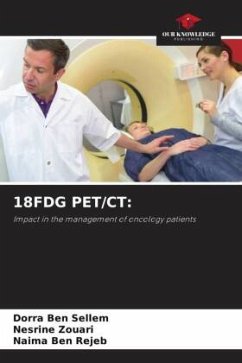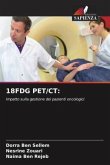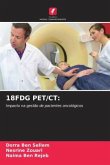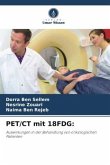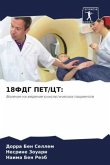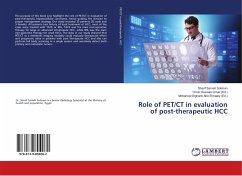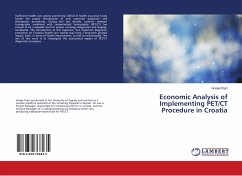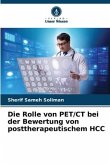Positron emission tomography coupled with 2-deoxy-2-18F-fluoro-D-glucose computed tomography (18FDG PET/CT) has become established at various stages of cancer management. The aim of this prospective study, including 60 patients, was to evaluate the contribution of 18FDG PET/CT in an oncologic population that had benefited from this examination. The mean age was 39 years, with a sex ratio of 0.7. The 18FDG PET/CT scan was performed as part of an initial extension workup (13%), early mid-treatment evaluation (5%), end-of-treatment evaluation (49%), recurrence search and workup (29%), and search for iodine-refractory differentiated thyroid cancer lesions (5%). PET had a positive impact in 80% of cases. It helped guide the therapist in his management by adapting the treatment in 28 cases, continuing the same treatment in nine cases, stopping the treatment in 10 cases and continuing the monitoring in one case. These results confirm the importance of 18FDG PET/CT in the management of cancer pathologies at their different stages.
Bitte wählen Sie Ihr Anliegen aus.
Rechnungen
Retourenschein anfordern
Bestellstatus
Storno

